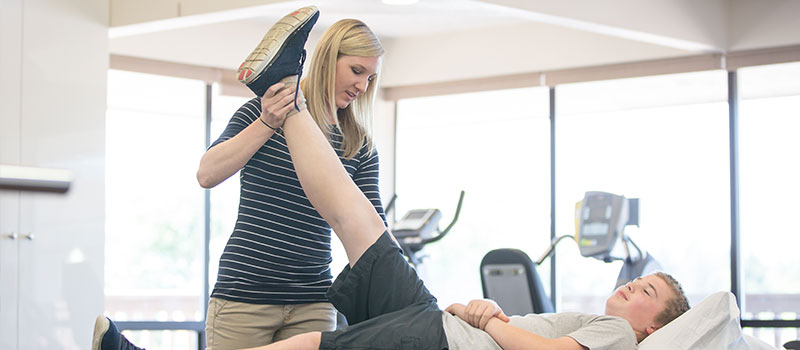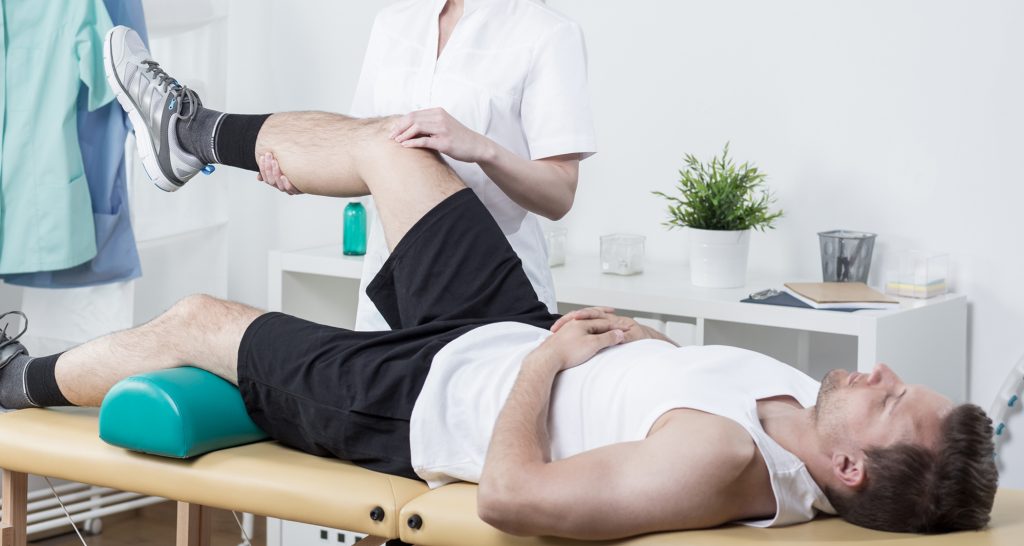Immobilization, manual therapy or electrotherapy to recover your damaged joint
Newcastle Physiotherapist know the importance of going to physio to feel the discomfort of muscular type, and also can help us in the recovery of many ailments but, how can you help us if we have been diagnosed with a sprain? We tell you how a Newcastle Physiotherapist acts when we have a sprain in a joint.
What is a sprain?
Although it is common to call it by its more technical name, a sprain is nothing more than a twist of a joint, which can also lead to rupture of the ligaments or muscle fibers.
The first thing that a Newcastle Physiotherapist will do when we have a sprain is to make sure of the diagnosis, being able to refer you to other specialists who request diagnostic tests if it deems necessary. Once confirmed, you can start, to recover mobility as soon as possible.
How the Newcastle Physiotherapist acts when we have a sprain?
Repose
Likely, the first thing that the Newcastle Physiotherapist recommends when we have a sprain is rest, applying cold in the area to reduce inflammation. You may also decide to immobilize it with a functional bandage or a intramuscular bandage, the beautiful colored ribbons that these specialists use.
Manual therapy
Once the most acute phase is over, the specialist will apply manual therapy techniques to cure your sprain. It is necessary that there is no inflammation so that the Newcastle Physiotherapist can begin to recover your joint, so you may also need to take oral anti-inflammatory prescribed by the orthopedic surgeon or the general practitioner.

Other techniques
The Newcastle Physiotherapist in your practice can apply different techniques or alternative therapies to relieve inflammation of the sprain and not lead to other more serious problems, such as plantar fascistic. In addition to acupuncture, used to alleviate pain, electrotherapy techniques such as per cutaneous electrolysis, which recover damaged tissue, can be used.
Exercise
Once recovered, the physiotherapy specialist will prescribe a series of exercises to finish recovering the joint and strengthen it to avoid relapses. The badly cured sprains can become pre-dangerous and become lifelong injuries, so it is convenient to be consistent with the treatments indicated by the Newcastle Physiotherapist.


